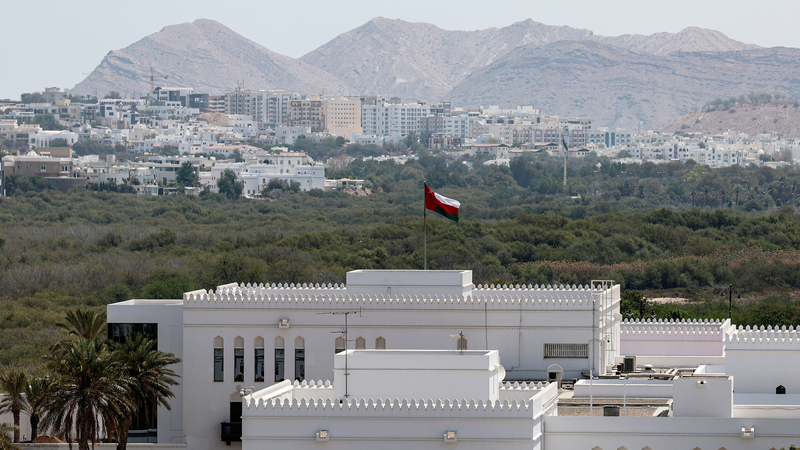Oman has confirmed it will host the sixth round of U.S.-Iran nuclear talks this Sunday in Muscat, as both sides seek to revive a landmark deal abandoned in 2018. Foreign Minister Badr Albusaidi announced the meeting on X, marking a pivotal moment in months of high-stakes diplomacy.
Since April, Tehran and Washington have already met five times, working to replace the 2015 accord that set strict limits on Iran’s nuclear program. With tensions spiking—Israel is rumored to be weighing strikes on Iranian sites, and Iran has warned it could target U.S. bases if conflict erupts—the talks come at a critical juncture.
In recent days, President Donald Trump ordered the repositioning of U.S. personnel in the “potentially dangerous” Middle East, reiterating he won’t allow Iran to pursue an atomic bomb. Yet his optimism about a new agreement has waned; in an interview, he admitted he feels “less confident” about reaching a deal.
Back in office since January, Trump has kept pressure on Tehran by reviving a “maximum pressure” campaign—combining diplomatic outreach with the threat of military action. He’s urged Israeli Prime Minister Benjamin Netanyahu to hold off on any strikes, aiming to give the negotiations space to succeed.
Oman’s role as host highlights its growing reputation as a neutral mediator in regional conflicts. As the world watches, this weekend’s Muscat talks could shape not just the Middle East’s future but the broader landscape of global security and diplomacy.
Reference(s):
cgtn.com



